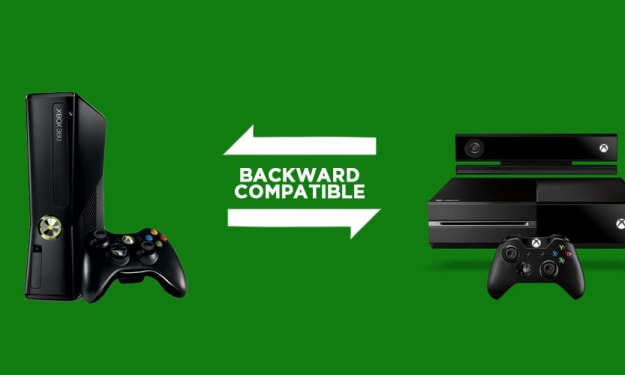Choose Your Own Adventure
Open World vs Real World

Since the first days of choose your own adventure gamebooks back in the late 1980s, people have loved being given a choice in their gaming experience. From simple turn left or right, pick something up or leave it or run or fight decisions, to more complex moral questions like buy or steal, free or enslave a person or even disarm a nuke or vaporise an entire town (that one will sound familiar to many a gamer) it seems being given choices in a game helps make the experience more enjoyable. But is it something more than that?
As gaming became more predominant in our lives the immersion factor became higher and the demand for more control rose with that. Games became much more complex and less linear, you could choose where you went more, what missions/quests you did or didn't do and whether your character was a hero or a villain and the games responded to you accordingly. You had an impact on the world you had joined.
Now looking at the real world along the same timeline this type of experience seemed to not materialise, if anything it became increasingly obvious that the ability to really influence the world only lies with a minority of people (some of whom resemble the villains/enemy in some games to boot). With people more interested in gamecons than political conventions (having attended both you could maybe understand why) you can visibly see the shift in attention. Some politicians and organisations have seen this too and the reactions are telling; some try to understand why and then find common ground to invite attention and attract voters and some use it as an excuse to belittle and blame for falling voting turnouts and "lack of faith" in their organisations. It feels like the characters in games are becoming more rounded and 3D and the politicians in the world more scripted and 2D. Could this be partially what is responsible for the rising popularity of these types of games?
Gaming is no longer just a simple entertainment experience but the desire to feel capable of making changes to the games world that we can't otherwise in our real world existence. The evidence is certainly there when you consider the popularity of games that feature open world experiences and offer the player choices. Its also interesting to consider the fallout (pun intended) of the choices presented in these games. Whilst people are still blaming violent video games for rises in real life violence (guess less people are watching violent VHS's anymore which was the thing they blamed 20 years ago) looking at academic studies of these moral choices in games makes for interesting reading. Whilst there are a number of justification response categories (its just a game, it was the mission, everyone else on the team was doing it etc) it was found that the largest response (49.4%) was to do the "right" or "good" choice in the 3 situations given (one was the "No Russian" mission from Modern Warfare 2, the bomb in megaton choice from Fallout 3, or the option to kidnap or not kidnap a baby from Fallout 3's DLC "The Pitt"). This shows that perhaps the people playing these games have a fairly good moral compass when it comes to making choices. There's probably a lower percentage of gamers that chose to nuke a town than there are people in the "real world" that support an aggressive nuclear stance in the Whitehouse (a place that has been nuked in Fallout 3 so they probably have a better understanding of the consequences too).
So studies show gamers are capable of making moral choices that have major implications for others and often with a lesser reward than choosing the less morally correct choice, but are still told they don't have the experience/maturity/real-life experience to understand politics or how to run an organisation. Looking at any news outlet currently you'd be hard pushed to see evidence of politicians/organisations consistently making the right moral choices and shunning a greater reward for socially immoral decisions. Perhaps we need to sit them all down with a copy of Fallout or Skyrim or Modern Warfare (honestly who wouldn't pay to watch President Trump play multiplayer) and observe how they behave through these before we hand them the keys to the world management executive bathrooms. Or maybe you need to start letting people have more say in what goes on in their worlds! Yes you can vote for a leader at 18 (most places) and yes you can choose to use a company/organisation or not how much say do you have after that. What happens when that party/individual or company/organisation chooses to do something that isn't what the majority want or doesn't serve the benefit of the whole world? Its not like we can reload at an earlier save point or start the level again! We're in a side scrolling shooter with one life left and a big unbeatable boss to face.
There needs to be much less emphasis on the negative aspects of gaming and gamers and more realisation that with the right guidance these gamers can level-up things on the world map. Create fast travel way marks for involvement in activities and organisations with real-world impact and actual control input into the settings of parties and industry. The alternative is you're facing a vast army of people with 30+ years of experience of playing to destroy the big bad boss—so hide your glowing red weak spots because they'll be griefing you halls of power campers.
About the Creator
john harrison
Media graduate, social media content creator, photographer, videographer, artist. Love gaming, traveling and showcasing the world to everyone. Based in UK but travel the world as much as possible, its too interesting to not explore it all!






Comments
There are no comments for this story
Be the first to respond and start the conversation.